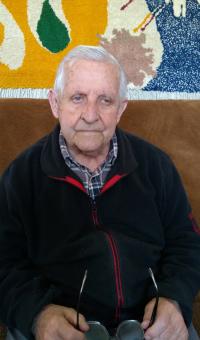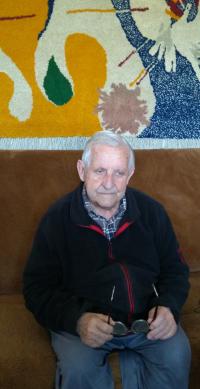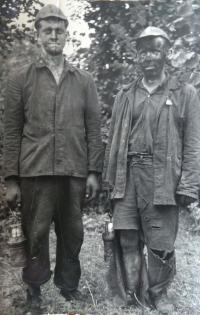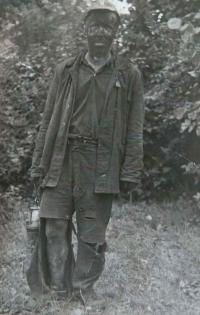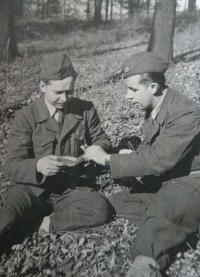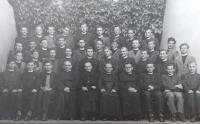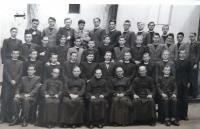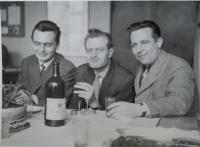If they found us carrying the gun, they’d shoot us immediately!

Stáhnout obrázek
Anton Mudrončík was born on November 12, 1929 and comes from a village of Medzibrodie nad Oravou. During his childhood he became a witness of the local events of the Slovak National Uprising and of the subsequent passing of the front. After the elementary school in Medzibrodie he went to middle school in Dolný Kubín and in 1944, as a follower of the Verbites’ religious order (Society of the Divine Word), he entered their missionary house in Nitra, on the Calvary hill. His spiritual journey in this order continued in Spišský Štiavnik. As a novice he experienced the violent liquidation of religious orders in Zobor monastery near Nitra by the communist regime within the “Action K2”, during the night of May 3 – 4, 1950. He was deported to Kostolná and later to forced labor at the building construction of Nosice water dam. In years 1950 – 1953 he underwent a prolonged penitentiary military service in the units of Auxiliary Technical Battalions (PTP), where he worked manually at construction sites and later in the mine of Július Fučík in Petřvald. In 1963 he graduated in engineering geodesy from the Faculty of Civil Engineering at the Slovak University of Technology in Bratislava. In his later years, he encountered a lot of pressure to enter the Communist Party, which he radically refused. In 1967 he married Terézia Gregorová and together they’ve had two sons. He retired in 1989 and nowadays he lives in Prievidza.
